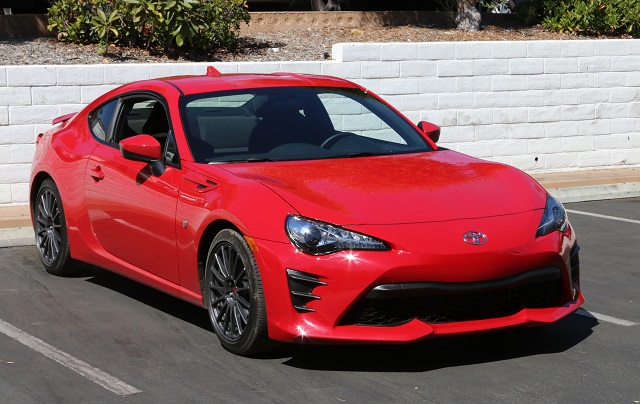
Whether you’re purchasing a new or used car, buying additional coverage in the form of a vehicle warranty can be a great way to protect yourself from any unexpected issue. Similar to car insurance, warranties are policies that cover the cost of repairs for your car. But, whereas car insurance covers issues related to unexpected incidents or accidents, warranties protect the sudden breakdown or failure of car components.
Broadly, there are two kinds – manufacturer warranties and extended warranties. However, reputable sellers of used cars also offer their own warranties, which are distinct in some respects. This article gives a brief overview of what these warranties are, and what types of issues they cover.
Manufacturer Warranties
Manufacturer warranties refer to policies that come with all brand new cars. Generally, manufacturer warranties provide “bumper-to-bumper” coverage. This means that, theoretically, any mechanical issues with your vehicle should be repaired by the manufacturer at no additional cost, for the duration of the policy. The only aspects widely not covered by such policies are regular maintenance work, such as oil changing, cosmetic issues, or problems caused by accidents or operator error.
Due to the comprehensiveness of the cover, such warranties are only offered for fairly short periods. This is usually for the first 3 years after the car is bought, or for its first 60,000 miles. However, manufacturers also often include other warranties as standard, for longer periods. A brief description of some of these is given below. It is worth checking what coverage is included by your manufacturer, though, as it can vary significantly.
Powertrain warranties cover essential components which power your car, such as the engine or transmission. Such policies are fairly long-lasting, and often cover the first 10 years or 100,000 miles.
Corrosion warranties cover the premature degradation of car metalwork, due to things like rust.
So-called “secret warranties” are also offered by most manufacturers for minor issues, as a gesture of goodwill. It is therefore worth contacting your manufacturer directly, even if your car is outside of the warranty period.
Extended Warranties
For used cars, or cars outside their manufacturer warranty period, you may consider purchasing an extended warranty from a third party. These operate in a similar way to insurance policies, in that monthly premiums are paid, and their price depends on the extent of the coverage. The price also often depends on the age and mileage of your vehicle. You can generally customize policies to your liking, depending on whether you want things like 24/7 roadside assistance or wear and tear coverage. However, providers also vary significantly in their reputation and pricing. CARCHEX reviews, for example, highlight the reliability and comprehensiveness of their cover, but also the higher-than-average cost of their premiums.
Used Car Dealer Warranties
Large-scale second-hand car dealers, as well as online used car marketplaces, tend to also include warranties with their vehicles. These policies are generally fairly comprehensive, though only last for short periods of time. In general, dealers will offer 3, 6, or 12-month warranties, depending on the age of the car. Given the risk associated with buying used cars, you should therefore seriously consider purchasing an extended warranty when the included one expires.
Tags: car warranty


